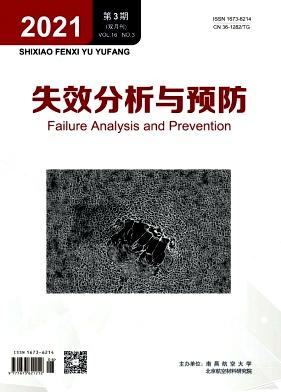Three-Dimensionai Finite Element Analysis of Stress Response in Adhesive Butt Joints Subjected to Impact Tensile Loads
引用次数: 2
Abstract
The stress wave propagation and the stress distribution in adhesive butt joints of similar adherends subjected to impact loads are analyzed using three-dimensional finite-element method (FEM). The code employed is DYNA3D. An impact load is applied to a joint by dropping a weight. An adherend of a joint is fixed and the other adherend to which a bar is connected is impacted by the weight. The height of the weight is changed. The effect of the ratio of the adherends’ the adhesive’s Young’s modulus, the adhesive thickness and the geometry of T-shape adherends on the stress wave propagation at the interface are examined. It is found that the maximum stress is caused at the interface of the adherend subjected to an impact load. In the case of T-shape adherend, it is seen that the maximum stress is caused near the center of the interface and that it increases as Young’s modulus of the adherends increases. In the special case where the web length of T-shape adherends equals to the interface length, it is seen that the singular stress occurs at the edge of the interfaces and it increases as Young’s modulus of adherends decreases. The maximum principal stress increases as the adherends’ thickness increases. In addition, strain response of adhesive butt joints subjected to impact loads was measured using strain gauges. Fairly good agreement is found between the numerical and the measured results.碰撞拉伸载荷作用下粘接对接接头应力响应的三维有限元分析
采用三维有限元法,分析了受冲击载荷作用下类似粘结体对接接头的应力波传播和应力分布。使用的代码是DYNA3D。冲击载荷是通过重物的下落施加到关节上的。一个接头的附着物是固定的,另一个连接杆的附着物受重量的影响。重量的高度改变了。考察了黏着物的比例、黏着物的杨氏模量、黏着物的厚度和t形黏着物的几何形状对界面处应力波传播的影响。结果表明,受冲击载荷作用时,最大应力产生于粘结体的界面处。在t形附着体的情况下,最大应力产生于界面中心附近,并且随着附着体杨氏模量的增大而增大。在t形附着物腹板长度等于界面长度的特殊情况下,界面边缘出现奇异应力,奇异应力随着附着物杨氏模量的减小而增大。最大主应力随附着层厚度的增加而增大。此外,用应变片测量了粘接对接接头在冲击载荷作用下的应变响应。数值计算结果与实测结果吻合较好。
本文章由计算机程序翻译,如有差异,请以英文原文为准。
求助全文
约1分钟内获得全文
求助全文

 求助内容:
求助内容: 应助结果提醒方式:
应助结果提醒方式:


